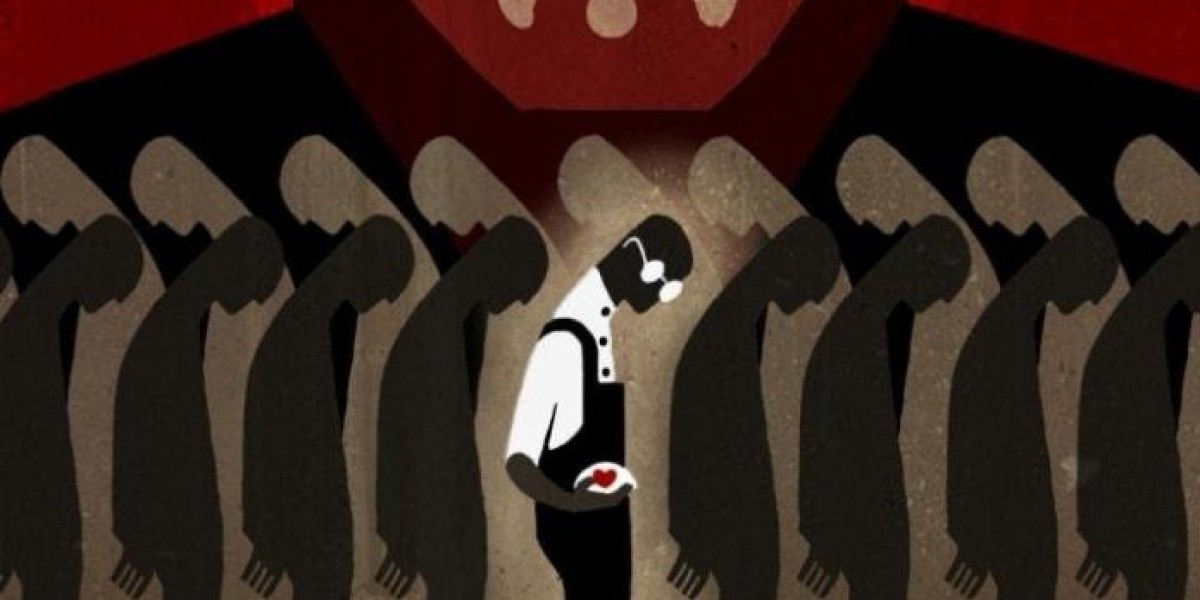Dystopian video games depict a bleak and oppressive future where a totalitarian regime, a ruthless corporation, or a hostile force often controls humanity. These games often explore themes such as freedom, resistance, identity, morality, and survival and challenge the players to question their values and choices. Here are some of the features and examples of dystopian video games.
Features of Dystopian Video Games
Dystopian video games typically have the following features:
A dystopian setting: The games are set in a dystopian world, usually a futuristic or alternative version of our world, where something has gone wrong or changed drastically. The dystopian world is often characterized by environmental degradation, social inequality, political oppression, technological domination, or cultural decay.
A dystopian narrative: The games have a dystopian narrative, usually a story of struggle, conflict, and resistance against the dystopian system or force. It often involves a protagonist or a group of protagonists who are either part of the oppressed or the rebels and must face various challenges, dangers, and dilemmas in their quest to survive or change the dystopian world.
A dystopian gameplay: The games have a dystopian gameplay, which usually reflects the dystopian themes and mechanics of the game. The gameplay often involves stealth, combat, exploration, puzzle-solving, decision-making, or resource management and may have different outcomes or consequences depending on the player's actions and choices.
Popular Dystopian Video Games
Dystopian video games are a diverse and popular genre, with many examples across different platforms, styles, and subgenres.
Half-Life 2 (2004): It is a first-person shooter game that follows the story of Gordon Freeman, a scientist who joins a resistance movement against the Combine, an alien empire that has invaded and enslaved Earth. The game is set in the dystopian City 17, a former Eastern European city transformed into a police state by the Combine.
BioShock (2007): It is a first-person shooter game in Rapture. This underwater city was built as a utopia for the elite but has fallen into ruin and chaos due to a civil war and a genetic mutation. The game explores the themes of objectivism, free will, and morality, allowing the player to use various weapons and abilities and make moral choices that affect the game's ending.
Fallout: New Vegas (2010): It is a role-playing game set in a post-apocalyptic world where nuclear war has devastated most of the planet. The game is set in the Mojave Wasteland, a desert region contested by various factions, such as the New California Republic, Caesar's Legion, and Mr. House.
Papers, Please (2013): Papers, Please is a simulation game that puts the player in the role of a border inspector in the fictional dystopian country of Arstotzka, which is under a communist regime. The game requires the player to check the documents of the people who want to enter the country and decide whether to approve or deny them while also dealing with their actions' ethical, moral, and personal consequences.
Conclusion
Dystopian video games offer a glimpse into alternative societies' dark and oppressive scenarios, where the players face various challenges, dangers, and dilemmas. These games are entertaining, immersive, relevant, and reflective of our current world, as they draw inspiration from real-life events, issues, and trends.








